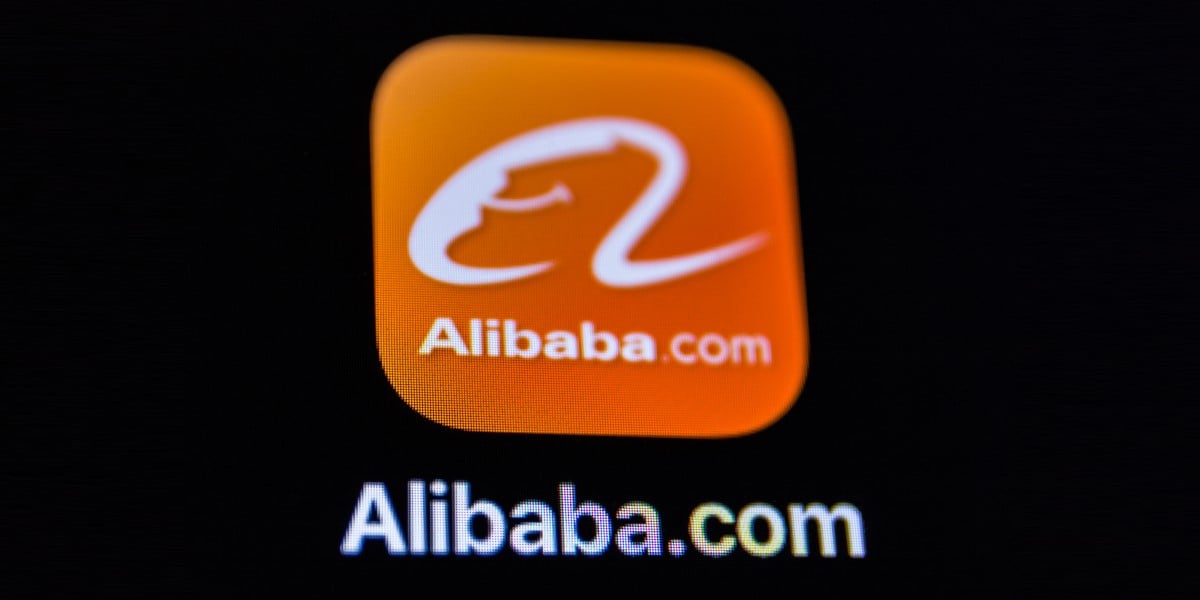Chinese multinational Alibaba has started mass production of smart electric vehicles (EVs), the latest addition to a product portfolio that includes e-commerce sites, internet services, media companies and more.
The company said its electric vehicle business with state-owned automobile company SAIC, called IM Motors, will be ready for sales of the luxury sedan known as the IM L7 later this month, on March 29. The vehicle is being manufactured at SAIC’s factory in Shanghai’s Lingang Special Zone for deliveries in April.
The car is said to be a competitor to the Tesla Model S in the Chinese market, selling for ¥408,800 ($64,670), a bit cheaper than the US price of the Tesla Model S, which starts at $94,990. Tesla also has operations in Lingang, operating a Gigafactory there, conveniently called Giga Shanghai.
Alibaba and SAIC started developing smart cars in 2016. Another part of Jack Ma’s empire is Alibaba’s AliOS, a Linux distribution designed for smart cars and Internet of Things devices that has also been used as an operating system. mobile operation. AliOS, formerly called Yunos, has already been used in SAIC products.
By the end of 2021, SAIC said the IM L7 Beta had passed tests in nine Chinese cities and its software architecture had undergone 88 iterations by December.
The vehicle itself is over 5m long with a single 340hp rear engine on the base version and another version sporting twin 237hp and 340hp engines. The 93 kWh battery will allow the twin-engine version to travel 615 km, the companies said.
The vehicle would be able to park itself, drive autonomously on the highway and semi-autonomously in the city. Its intelligent driving systems consist of the Nvidia Jetson Xavier chipset, 12 high-precision cameras, 5mm wave radars, lidar and 12 ultrasonic sensors.
As for the joint venture, Alibaba and SAIC largely provide capital support with core technology owned by IM Motors. SAIC owns 54% of IM Motors. Alibaba and Pudong New Area, the technology park itself, hold 18% each. The remaining 10% is reserved for employees and customers who participate in future research.
Alibaba’s media outlet wants readers to know the vehicle is available for pre-order, but The register was disappointed to see that it did not appear on Alibaba’s e-commerce site, nor on its e-commerce subsidiary Lazada, nor on Taobao, nor on Tmall…
Alibaba is not the only Chinese company diversifying into electric vehicles, Huawei is reportedly entering the electric vehicle market as it continues to operate in its other verticals in the face of US sanctions.
Another Chinese consumer technology company, Xiaomi, also entered the electric vehicle market last year.
It’s unclear whether the EV market can support so many new entries, but with China being the world’s largest buyer of EVs, China is the best place to try market saturation.
Swiss multinational investment bank and financial services firm UBS predicts that by 2030, China will lead the global electric vehicle industry. ®






More Stories
Delay in mass production of new Intel products is a boon for AMD, share of AMD x86 server processors expected to exceed 22% in 2023, according to TrendForce
Quantum industry milestone brings mass production of quantum chips closer
NEO Battery Materials provides updates on installation of additional equipment for mass production optimization and final stages of commercial plant design for construction